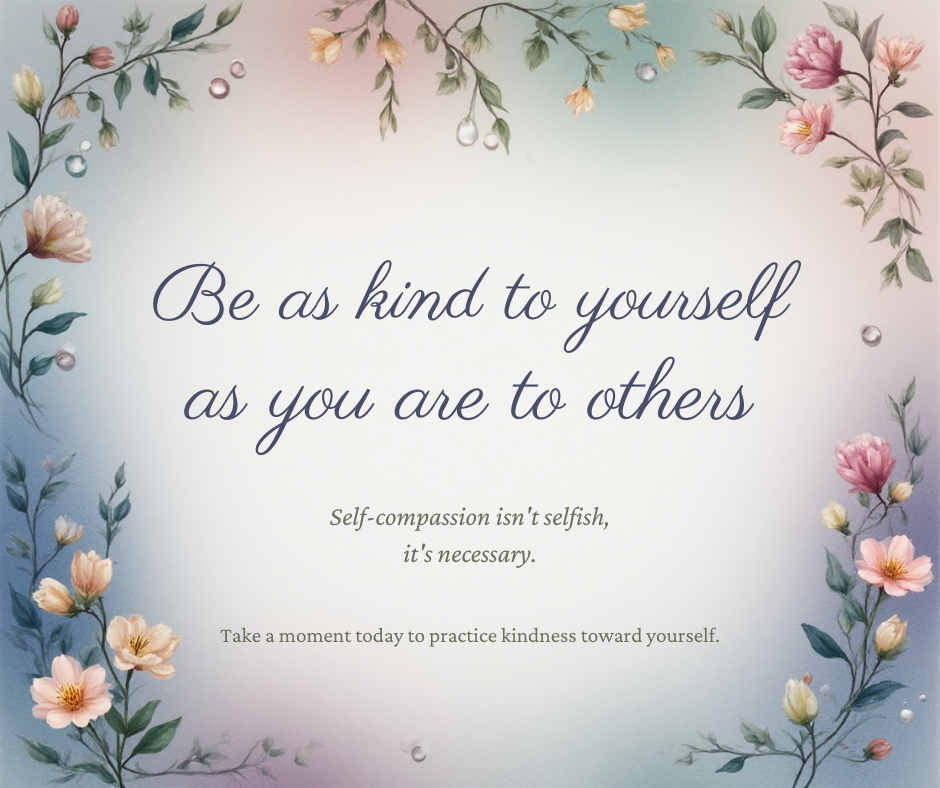Depression – In the quiet corners of countless lives, an unseen battle often rages. It’s a battle against depression, a complex and debilitating illness that affects millions worldwide. More than just a fleeting feeling of sadness, depression is a persistent cloud that can cast a shadow over every aspect of life – yet it is an illness, not a choice, and certainly not a sign of weakness.
If you or someone you know is struggling, please know this: You are not alone. And understanding is the first crucial step towards healing.
Recognizing the Signs: The Symptoms of Depression
Depression doesn’t always look the same for everyone. Its symptoms can manifest in a myriad of ways, often feeling overwhelming and confusing. It’s more than just a bad mood; it can feel like a heavy cloak that weighs you down, making even simple tasks feel insurmountable.
Here are some common symptoms to be aware of:
- Persistent Sadness or Emptiness: A pervasive ache of sadness that doesn’t lift, or a feeling of complete emotional numbness and emptiness.
- Loss of Interest or Pleasure (Anhedonia): No longer enjoying activities that once brought joy – hobbies, social events, even spending time with loved ones can feel apathetic or tiresome.
- Changes in Appetite or Weight: Significant and unintentional weight loss or gain, often accompanied by a noticeable decrease or increase in appetite.
- Sleep Disturbances: Difficulty falling asleep, staying asleep (insomnia), or conversely, sleeping much more than usual (hypersomnia). Waking up feeling unrefreshed despite hours of sleep.
- Fatigue and Low Energy: A profound sense of tiredness and lack of energy, even after rest. Every movement can feel like an effort.
- Feelings of Worthlessness or Guilt: An overwhelming sense of self-blame, feeling like a burden, or believing you aren’t good enough.
- Difficulty Concentrating: Trouble focusing, remembering details, or making decisions. Daily tasks can become challenging.
- Irritability or Restlessness: Feeling agitated, easily frustrated, or unable to sit still.
- Unexplained Aches and Pains: Physical symptoms like headaches, digestive problems, or chronic pain that have no clear medical cause and don’t respond to treatment.
- Thoughts of Death or Self-Harm: In severe cases, thoughts about suicide, self-inflicted injury, or the desire not to be alive. If you or someone you know is experiencing these thoughts, please seek immediate help. (See “When to Seek Immediate Help” below.)
It’s important to remember that these symptoms must persist for at least two weeks and represent a change from your previous functioning to be considered clinical depression.

Unraveling the Roots: The Causes of Depression
There isn’t one single cause for depression; it’s often a complex interplay of various factors. This is why it’s never a sign of personal failure – it’s a medical condition influenced by a web of biological, psychological, and environmental elements.
- Brain Chemistry: Imbalances in neurotransmitters – chemical messengers in the brain that regulate mood, sleep, appetite, and behavior – like serotonin, norepinephrine, and dopamine can play a significant role.
- Genetics: If you have a family history of depression, you may be more genetically predisposed to developing it yourself.
- Life Events and Stress: Traumatic experiences, significant loss (like the death of a loved one), chronic stress, abuse, or major life changes (job loss, divorce, moving) can trigger depressive episodes.
- Medical Conditions: Chronic illnesses (like heart disease, diabetes, cancer), hormonal imbalances (thyroid issues), or certain medications can sometimes lead to depressive symptoms.
- Personality and Coping Styles: Individuals with certain personality traits, such as low self-esteem, pessimism, or a tendency to be overwhelmed by stress, may be more vulnerable.
- Substance Abuse: Alcohol and drug abuse can both trigger and worsen depressive symptoms.
Understanding that these multiple factors contribute to depression can help alleviate the unfair burden of self-blame.
Finding Your Way: Support and Recovery
The most important message about depression is that it is treatable, and recovery is absolutely possible. You don’t have to carry this burden alone. Reaching out for help is a sign of incredible strength.
1. Professional Help: The First and Most Crucial Step
- Talk to a Doctor: Your primary care physician can assess your symptoms, rule out underlying medical conditions, and discuss treatment options. They may refer you to a mental health specialist.
- Therapy (Psychotherapy): Cognitive Behavioral Therapy (CBT), Dialectical Behavior Therapy (DBT), and psychodynamic therapy are just a few approaches that help individuals identify and change negative thought patterns, develop coping skills, and process past experiences.
- Medication (Antidepressants): These medications work to balance brain chemistry and can be very effective, especially for moderate to severe depression. They are often most beneficial when used in conjunction with therapy.
- Combination Treatment: For many, a combination of therapy and medication offers the most comprehensive and effective path to recovery.
2. Self-Care and Lifestyle Strategies
While professional support is paramount, incorporating self-care into your daily routine can significantly aid recovery. Even small steps count.
- Prioritize Sleep: Aim for 7-9 hours of quality sleep per night.
- Balanced Nutrition: Eat regular, nutritious meals.
- Regular Physical Activity: Even a short walk can boost mood and energy.
- Mindfulness and Relaxation: Practices like meditation, deep breathing, or yoga can help manage stress and improve mood.
- Connect with Others: Even if it feels difficult, try to maintain social connections. Share your feelings with a trusted friend or family member.
- Engage in Hobbies: Reconnect with activities you once enjoyed, even if the pleasure isn’t immediate.
- Limit Alcohol and Drugs: These substances can worsen depression.
- Set Realistic Goals: Break down large tasks into smaller, manageable steps to avoid feeling overwhelmed.
3. The Power of Connection: Supporting a Loved One
If someone you care about is struggling with depression, your support can be invaluable.
- Listen Without Judgment: Offer a compassionate ear. Let them know you’re there for them, even if you don’t fully understand what they’re going through.
- Encourage Professional Help: Gently suggest they talk to a doctor or therapist. You can even offer to help them find resources or attend appointments with them if they’re comfortable.
- Educate Yourself: Learn about depression to better understand what they are experiencing.
- Offer Practical Support: Help with daily tasks if they are overwhelmed.
- Be Patient and Persistent: Recovery is a journey, not a destination. There will be good days and bad days.
- Take Care of Yourself Too: Supporting someone with depression can be challenging. Ensure you have your own support system.
Conclusion
Depression is a formidable foe, but it is not unconquerable. With understanding, professional support, self-compassion, and the unwavering presence of loved ones, the path to healing and a brighter future is always within reach. You are not alone. There is hope, and there is help.







Leave a Reply